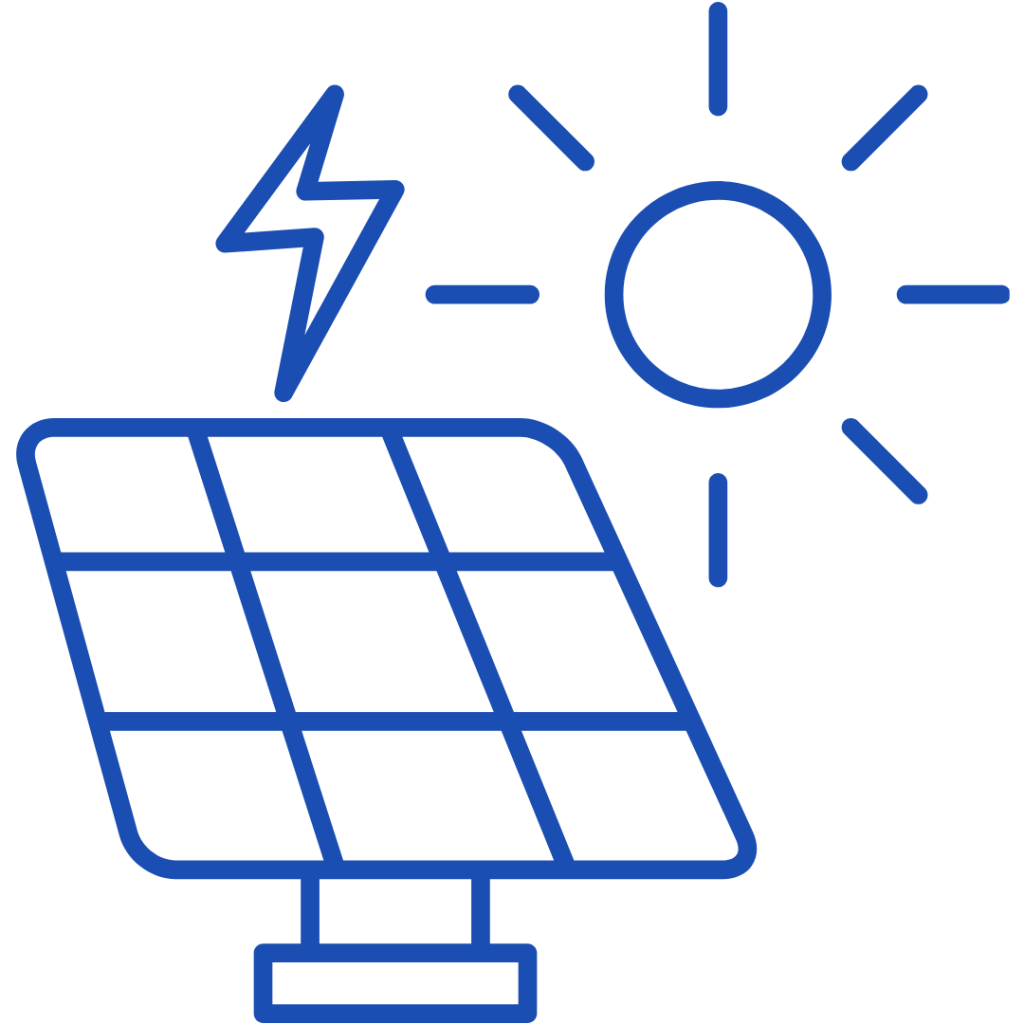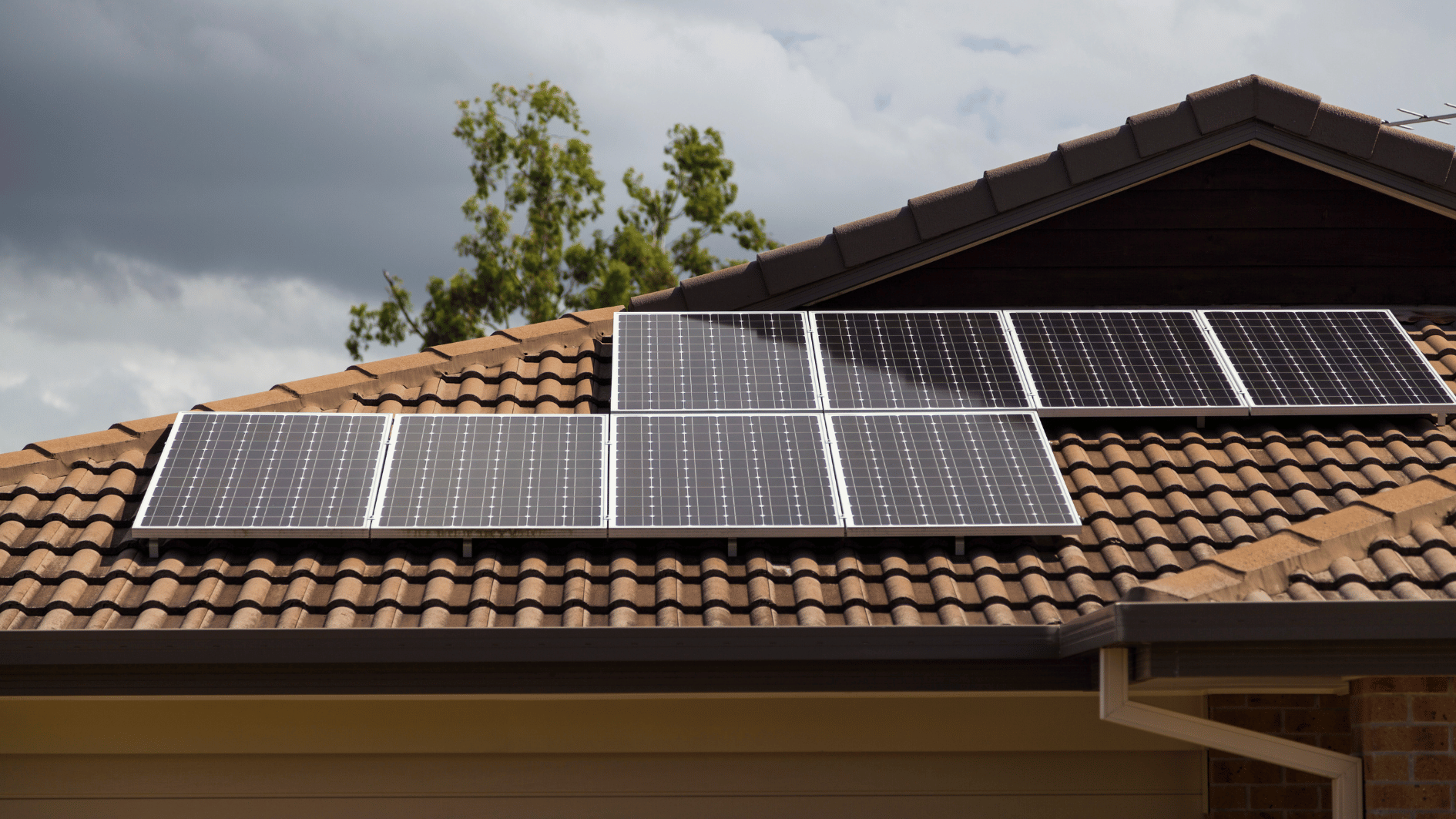Image source: Canva.com
Community Development Financial Institutions (CDFIs) play a vital role in advancing clean energy access by offering innovative financing solutions for underserved communities. CDFIs are specialized financial institutions that provide credit and financial services to individuals and businesses in low-income or marginalized communities. Established to address gaps in traditional banking systems, CDFIs are designed to foster economic growth, support affordable housing, and enhance community development. As renewable energy adoption grows, CDFIs are increasingly focusing on enabling access to solar energy for low-income households and businesses.
What Are CDFIs?
CDFIs are mission-driven financial organizations certified by the U.S. Department of the Treasury. They include credit unions, banks, loan funds, and venture capital funds that serve economically disadvantaged areas. CDFIs offer a range of financial products, such as loans, microloans, technical assistance, and investment programs, to support small businesses, affordable housing projects, and community development initiatives.
How CDFIs Contribute to Solar Adoption
Traditional financial institutions may see solar projects as risky, especially when proposed by low-to-moderate income households or small businesses in underserved areas. CDFIs help overcome these barriers by designing flexible financing options tailored to these communities’ needs. Here’s how CDFIs are making solar energy more accessible:

Affordable Loan Programs
CDFIs offer low-interest loans and flexible financing terms, making it easier for homeowners and businesses to invest in solar installations. These loan programs often come with longer repayment terms and lower upfront costs, addressing affordability barriers for low-income borrowers.
Innovative Solar Financing Models
CDFIs collaborate with solar developers, nonprofits, and local governments to develop creative financing models, including power purchase agreements (PPAs) and solar leasing options. These models allow homeowners and businesses to access solar energy without the burden of owning the equipment.
Community Solar Programs
CDFIs are key players in supporting community solar projects, where multiple households or businesses share the benefits of a centrally located solar array. These programs provide low-income participants with an opportunity to receive credits on their electricity bills without needing to install rooftop solar panels.
Technical Assistance and Capacity Building
Beyond financing, CDFIs offer technical support and education to potential solar adopters. They help customers navigate the complexities of solar projects, from understanding the costs and benefits to assessing energy needs and identifying reliable installers.
Partnerships with Public Agencies
CDFIs collaborate with federal, state, and local agencies to leverage incentives, grants, and subsidies that lower the cost of solar projects. For example, they work with the U.S. Environmental Protection Agency (EPA) and Department of Energy (DOE) to expand access to programs like the Solar for All initiative, which aims to bring solar power to low-income communities.
Examples of CDFIs Promoting Solar Energy
Several CDFIs are leading the way in creating sustainable financing solutions for solar adoption. For example:
Self-Help Credit Union
One of the nation’s largest CDFIs, Self-Help Credit Union, provides solar loans to homeowners and businesses in North Carolina, South Carolina, and Florida. Their low-interest solar loans help underserved communities achieve energy independence and reduce energy costs.
Capital Good Fund
This CDFI based in Rhode Island offers small-dollar solar loans through its DoubleGreen Solar Loan program, targeting low-income homeowners across several states, including Georgia and Florida. The fund provides affordable financing to families who may not qualify for traditional loans, making solar power more accessible.
Hope Enterprise Corporation
In Mississippi, Hope Enterprise Corporation collaborates with local organizations to support solar adoption for households in the Delta region. It focuses on providing solar financing and working with energy partners to design programs that benefit low-income and minority communities.
Impact on Underserved Communities
CDFIs are uniquely positioned to bridge the gap between clean energy opportunities and underserved communities. By combining affordable financing with community-focused approaches, CDFIs can:
Reduce Energy Burdens
Low-income households typically spend a higher percentage of their income on energy bills. Access to solar energy through CDFI-financed projects can significantly lower these costs, allowing families to allocate more resources to essentials like healthcare, education, and food.
Solar energy projects backed by CDFIs often include energy storage components, enhancing resilience in areas prone to power outages and natural disasters. This is especially crucial for vulnerable communities facing heightened risks from climate change.
Increase Energy Resilience
Promote Economic Development
Solar adoption creates job opportunities in installation, maintenance, and related fields. By investing in local solar projects, CDFIs help stimulate economic growth and skill-building within their communities.
Challenges and Future Directions
While CDFIs have made strides in expanding solar access, challenges remain. Many CDFIs face limitations in capital resources, which restricts their ability to scale solar financing programs. Additionally, expanding outreach to rural areas and tribal lands requires tailored strategies to address unique barriers in these regions.
Looking ahead, increased collaboration between CDFIs, policymakers, and clean energy stakeholders could unlock new funding streams and amplify the impact of CDFIs in solar energy. Federal initiatives like the Greenhouse Gas Reduction Fund and the Justice40 initiative, which prioritize investments in disadvantaged communities, offer promising pathways for CDFIs to deepen their engagement in the solar sector.
Conclusion
CDFIs are pivotal in advancing solar equity by providing affordable and innovative financing solutions for underserved communities. Through their commitment to financial inclusion and sustainability, CDFIs enable low-income households and small businesses to access the benefits of clean energy, helping to build a more resilient and equitable energy future. As the nation continues to transition to renewable energy, the role of CDFIs will be increasingly essential in ensuring that no community is left behind.

Bridging Solar Equity
SolarWiki is committed to advancing social justice and economic empowerment through solar energy. Our mission is to provide resources and insights that empower underserved communities -including low-income families and retirees – by highlighting the benefits of solar and promoting initiatives that make it accessible to everyone.





